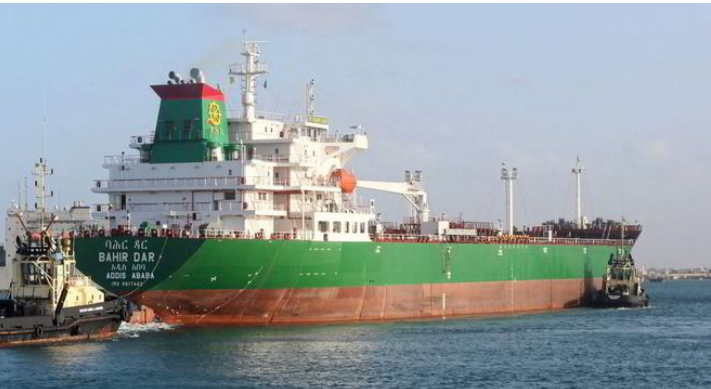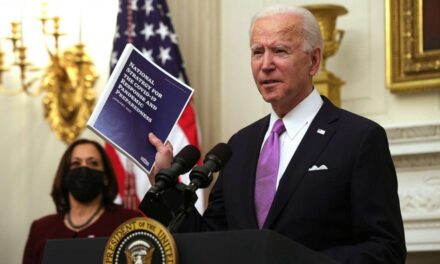By Abebe Gellaw
The recent discussions surrounding Ethiopian Prime Minister Abiy Ahmed’s alleged remarks about securing direct access to a port have highlighted the critical significance of this issue and its potential implications for regional stability. As a landlocked East African powerhouse, Ethiopia has long been heavily dependent on its neighboring country Djibouti. This unhealthy dependency on access to ports and international shipping routes situation dates back to Eritrea’s independence in 1993. The historical blunder of making Ethiopia landlocked was what TPLF under Meles Zenawi passed down to Ethiopia with profound consequences for the nation’s economy and development.
Regrettably, the implications of landlocking Ethiopia were not considered for negotiation. The lack of direct access to the sea has presented significant challenges for Ethiopia’s trade, economic growth, and regional integration. The reliance on a single corridor through Djibouti has resulted in high transportation costs, delays in trade, and limited access to global markets, hampering Ethiopia’s full economic potential.
Moreover, the manner in which Eritrea’s secession was facilitated by the TPLF without any conditions or fair separation clauses has compounded Ethiopia’s landlocked status. This devious blunder has left Ethiopia without the means to negotiate a legitimate claim to direct access to the sea, as international law might have allowed. The absence of such negotiations has further limited Ethiopia’s options for enhancing its connectivity to international markets.
The country now seeks to further its economic growth, and the need for direct access to a port has become imperative. During Al Jazeera’s “Inside Story” segment, Prime Minister Abiy Ahmed reportedly expressed the urgency of securing direct port access for Ethiopia’s economic development. He asserted the country’s willingness to pursue this goal through peaceful means but did not shy away from the possibility of resorting to force if deemed necessary. While doubts persist about the accuracy of these reports, analysts and experts on the show warned that such statements could have grave consequences for regional stability.
Currently, the port of Djibouti handles a staggering 95% of Ethiopia’s imports and exports, rendering the nation heavily reliant on its neighbors for trade routes. This dependency has become untenable, prompting Ethiopia to seek a pathway to economic independence and growth through the establishment of its own port.
However, resorting to force to achieve this objective is not a viable option. Such a move could not only escalate tensions but also lead to regional conflict and international sanctions, stalling the very progress Ethiopia aims to achieve. The consequences of military action could severely hinder the country’s economic prosperity and impact the well-being of its citizens.
The discussion panel on “Inside Story” proposed various alternatives for Ethiopia’s port location. Rehabilitating the port of Assab, which has remained unused since the Eritrea-Ethiopia Border War of 1998-2000, emerged as a feasible option. Developing Assab and fostering cooperation with Eritrea could present a win-win situation for both countries.
Regarding the possibility of offering Eritrea a stake in Ethiopian Airlines, some reports surfaced, but Kamal Hashi Mahamud refuted such claims. Dialogue and diplomacy, rather than threats, are essential in resolving this issue peacefully.
Building a port in Somaliland has also been considered due to its proximity, but it could inadvertently recognize the region’s independence, potentially causing tension within the African Union. Hence, negotiating with Djibouti and Eritrea and exploring other options seems more pragmatic and conducive to regional stability.
The discussions on “Inside Story” underscored the importance of peaceful negotiations and cooperation to address Ethiopia’s port access challenge. Instead of resorting to confrontations, Ethiopia should prioritize dialogue to find mutually beneficial solutions for port access and to foster regional trade and development.
Prime Minister Abiy Ahmed must seize the opportunity to engage in constructive dialogue with neighboring countries. Peaceful resolutions that prioritize regional cooperation and economic growth should be the ultimate goal. As the discussions continue, observers remain hopeful that Ethiopia will embrace diplomacy, fostering a climate of understanding and collaboration for the betterment of the Horn of Africa. Only through peaceful means can Ethiopia achieve its quest for port access and pave the way for a more stable and prosperous future for the region.
—








